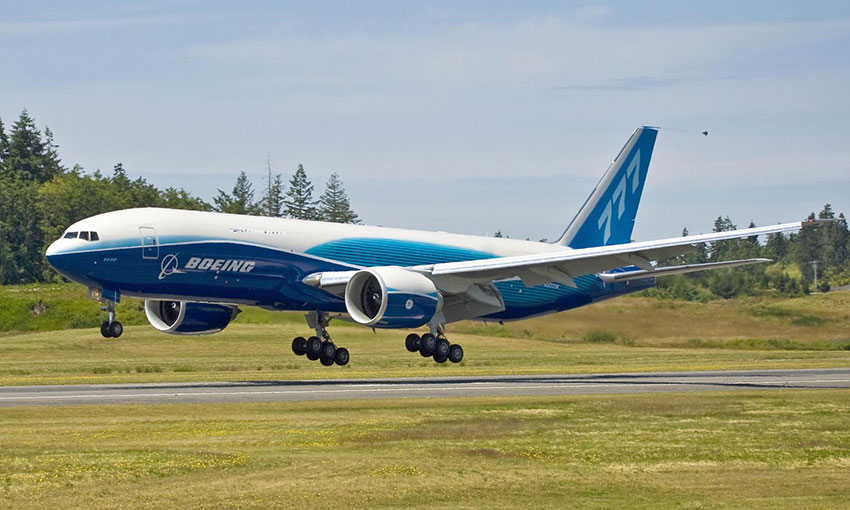AP Moller – Maersk is to acquire Hamburg-based Senator International Freight Forwarding Group and add additional air-freight capacity.
The German freight forwarder has a network of own-controlled flights, intercontinental rail, warehousing, distribution and packaging across the Americas, Asia, Europe and South Africa.
In a notice to customers, Maersk said Senator’s services and controlled capacity would increase the flexibility of its supply chain, allowing customers to be more adaptive to fluctuating market trends.
Senator CEO Tim-Oliver Kirschbaum said, “By joining Maersk, we strongly believe that we will be able to deliver an even broader portfolio with own controlled air capacity as well as also in other modes of transportation”.
Maersk Ocean and Logistics CEO Vincent Clerc said air freight is crucial in the flexibility of supply chains.
“Therefore, as a natural next step in expanding our integrated logistics offering, we are ramping up our service within air freight,” Mr Clerc said.
“Senator is a strong strategic fit to our existing air offering, adding the key capabilities, network and scale needed to provide our customers the opportunity to realise the upside of a fully integrated supply chain across ocean, air, rail and landside.”
Maersk global head of air and LCL Torben Bengtsson said Senator operates a significant part of its business through a dedicated air bridge using 19 weekly flights across its network with guaranteed capacity.
“This focus on own-controlled capacity is highly aligned with Maersk´s air freight strategy,” he said.
“The moves we are making will allow us to offer customers a truly unique combination of air freight integrated with other transport modes.”
The enterprise value of the transaction is approximately US$644 million.
The acquisition is subject to regulatory approvals and is expected to be finalised in the first half of 2022.
New aeroplanes
Additionally, Maersk announced it was expanding its own-controlled air cargo capacity. It is adding three leased 767-300 freighters, operational from next year, and it is purchasing two newbuild Boeing 777 freighters to be deployed by 2024.
The freighters are to be operated by Star Air, Maersk’s in-house aircraft operator. This is Maersk’s first 777 order; Star Air currently operates an all-Boeing 767 freighter fleet.
Mr Clerc said as a global integrator of container logistics, Maersk is improving its ability to supply end-to-end logistics capabilities to its customers.
“This year, we have strengthened our integrated logistics offering through e-commerce logistics acquisitions, tech investments, expanding our warehouse footprint and as a natural next step, we are now ramping up our air freight capacity, creating a broader network to cater even better for the needs of customers,” he said.
According to Boeing, the 777 freighter is the world’s largest and longest-range twin-engine freighter. The aeroplane offers 17% better fuel efficiency and reduced carbon dioxide emissions compared with legacy aeroplanes. It has a range of 9200 kilometres, with a maximum revenue payload of 102,000 kilograms.
Maersk said its ambition is to have approximately one third of its annual air tonnage carried within its own controlled freight network. This will be achieved through a combination of owned and leased aircraft, replicating the structure that the company has within its ocean fleet. The remaining capacity will be provided by strategic commercial carriers and charter flight operators.



